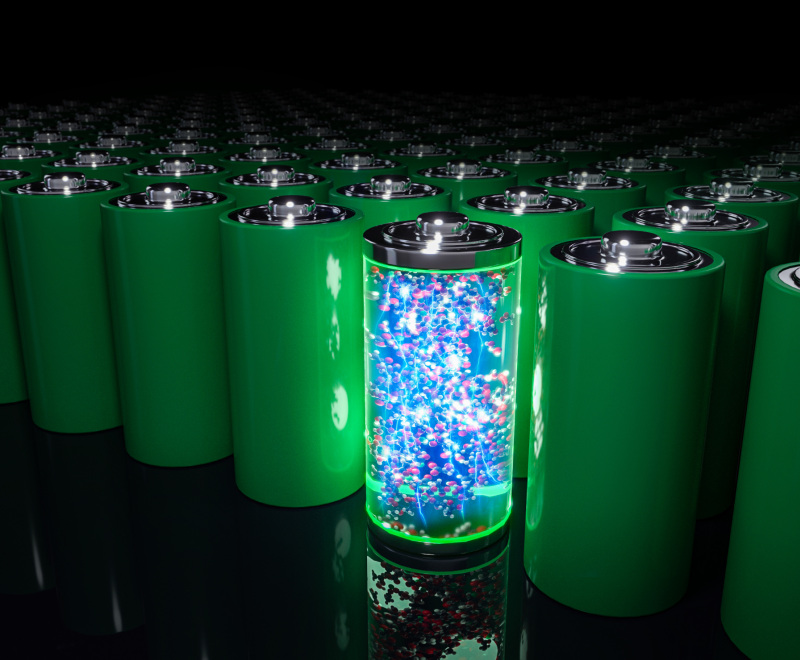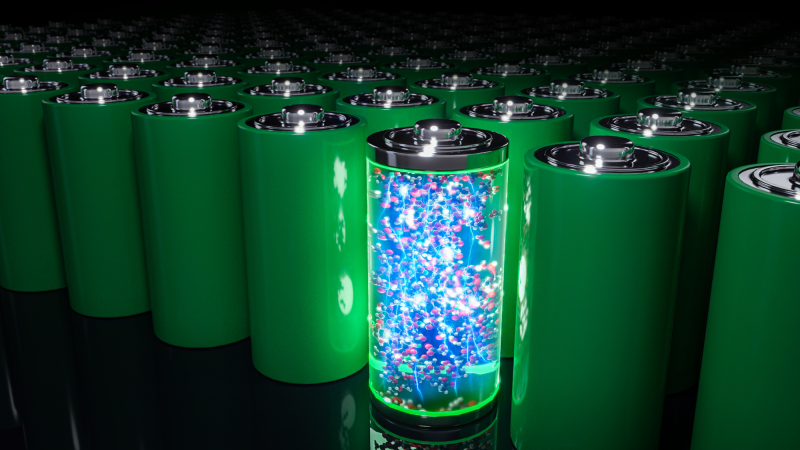






In our group, we study complex phenomena in solids and liquids and at their electrified interfaces. Then, we apply the fundamental knowledge that we gained to developing new electrolytes and materialsfor batteries and electrocatalysis that can deliver improved performance, cost, efficiency, and safety. In our studies, we target minimizing environmental footprint when designing energy systems.
We design electrochemical processes by tuning local chemical environments at the solid-electrolyte interface. Our research relies on molecular engineering of the electrolytes and interfaces, aiming to achieve fast and stable electrochemical energy storage and conversion. Our group puts a significant emphasis on mechanistic studies and the utilization of advanced characterization techniques. We use in situ X-ray scattering and spectroscopy, FTIR and Raman spectroscopy, and electrochemical quartz crystal microbalance techniques to probe electrolytes and solid-electrolyte interfaces.
Specifically, we engineer electrochemical interfaces through custom molecular additives or by using solvent-in-salt systems that display modified inter-molecular and ionic interactions. We are interested in the fundamental properties of electrolytes such as nanoheterogeneity, hydrogen bonding networks, transport, local coordination, and solvation, and how they can affect speciation and charge transfer kinetics at the solid-electrolyte interface. We utilize this knowledge to design solid-electrolyte interfaces and interphases for high-performance batteries. Also, we tune solvent-in-salt systems and use molecular additives to manipulate and improve the selectivity of multi-electron electroreduction reactions, such as electrochemical reduction of CO2 and O2.
Our group also has strong expertise and focus on fast energy storage systems (i.e. supercapacitors). Guided by mechanistic understanding, we design next-generation materials for supercapacitor applications that require high volumetric and areal performance. Moreover, at a system level, we study how supercapacitor modules can be effectively paired with commercial batteries to increase the operation lifetimes of energy storage systems under different usage scenarios for microgrids.